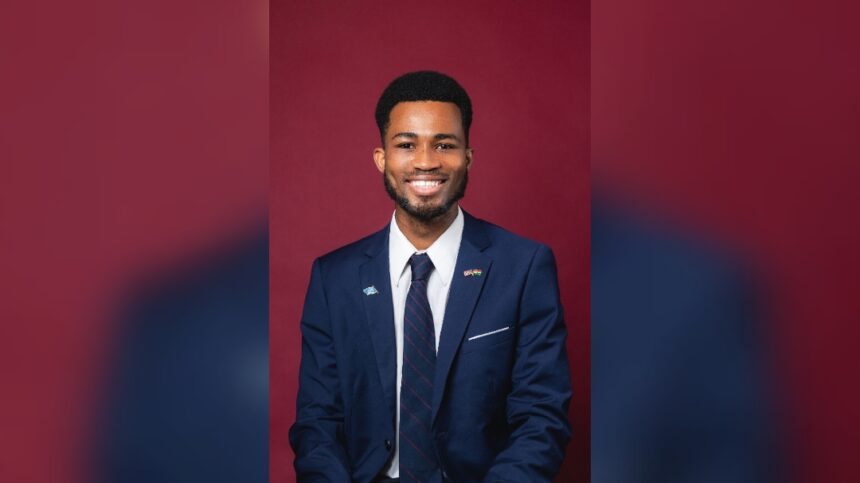In a recent interview with The Michigan Post, Charles Sam, an international pre-law student from Ghana studying at the University of Charleston in West Virginia, shared his experiences and outlined his perspective on the unique challenges facing international students in the United States. With a strong call for inclusive reforms, Sam emphasized the critical role these students play in the American education system and economy while highlighting the significant barriers they face.
“International students pay tuition and fees that often exceed those of ten or more U.S. citizens or permanent residents,” Sam pointed out. “Yet, despite our contributions, we encounter serious disadvantages that prevent us from reaching our full potential here.”
One of the core issues, Sam noted, is the restriction on off-campus employment. While on-campus jobs are an option, they are often limited in number and pay insufficient wages to cover the high cost of living. “International students want to focus on their education, but financial needs are real. Allowing us to work off-campus would not only support us financially but provide practical experience in our fields of study,” he explained.
He further argued that enabling off-campus work for international students would benefit the broader economy, increasing tax revenues and contributing to economic activity. “We are dedicated and hard-working; we could be valuable employees in many local communities,” Sam said. Additionally, he pointed out that by working off-campus, international students would gain familiarity with the U.S. tax system, better preparing them for post-graduation employment and making the transition smoother if they choose to stay.

Sam also highlighted the barriers to financial aid that can create major setbacks. “Many of us arrive in the U.S. with solid financial plans,” he said. “But unexpected events family emergencies, accidents, or shifts in currency can disrupt these plans.” The reality is that many U.S. loans require a cosigner, a requirement most international students cannot meet. Sam advocated for loan options without the need for cosigners, noting that this policy adjustment would not only support students during unforeseen hardships but also allow more students to complete their education and contribute to the U.S. workforce as highly skilled professionals.
Another pressing concern, Sam noted, is the three-month time limit under the Optional Practical Training (OPT) program, which he described as extremely narrow for job-seeking graduates. “Finding a job is difficult enough, but the OPT limit places added pressure on international students who are just starting to explore their career paths,” he shared. “Extending this period would allow us to apply our knowledge meaningfully and contribute to the economy while settling into our careers.” He added that after being rejected by 50 law firms solely due to his student visa status, the burden of these visa restrictions has felt immense. “The application process can be disheartening; your qualifications are often overlooked because of your status.”
Reflecting on his personal journey, Sam described the financial and bureaucratic burdens that international students bear. “It took me five visa applications and over $5,000 to secure my spot here,” he said. “We’re grateful for the opportunity to study in the U.S., but the hurdles are steep. International students heavily invest in their education here, and we deserve better support systems.”
Having seen firsthand the impact of these policies, Sam remains committed to advocating for change. He has even reached out to the Office of the President to voice these concerns. “International students are law-abiding, respectful, and dedicated to our communities,” he said. “We’re asking for an opportunity to give back even more to this great nation.”
According to Sam, international students add tremendous value to U.S. campuses, enriching academic environments with diverse perspectives and supporting the economy in a significant way. His hope is that U.S. policymakers will see the potential in reforming policies to better support these talented individuals, ultimately fostering a more inclusive and vibrant society.







